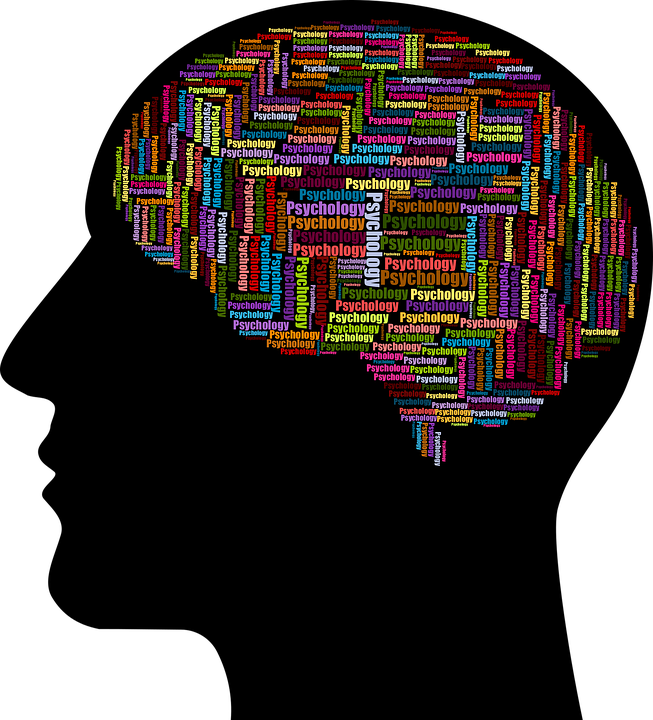Measuring mental health and wellbeing outcomes has traditionally presented a challenge to the medical community. In the history of medicine, physicians have found mental health symptoms to be harder to spot and
to measure than those of physical ailments. However, things are changing, and modern medical professionals are able to track and measure these all-important outcomes. But why is this so important, and what role does this tracking play in the provision of therapy to patients? This is what we are going to be examining today.
How Do We Track Mental Health and Well-Being Measurables?
Medical professionals can track evaluate mental health outcomes in a number of ways. Let’s take a look at some of the most common, and the most effective;
Conducting Biological Readings
EEG monitoring of brainwaves, and cortisol tests, are incredibly useful in mental health diagnosis and treatment. Other tests may be used to track physical symptoms of the mental health condition.

Gathering Existing Data
In mental health, past data can be immensely helpful in the present. Medical professionals must gather, manage, and retain, and ever-growing volume of data. Now that emergency rooms and general practice physicians routinely ask mental health questions, this will provide even more useful data going forward.
Holding Diagnostic Interviews
As early as the 1800s, the diagnostic interview formed one of the most important parts of a psychiatric and psychological evaluation. Of course, today’s interviews have evolved considerably, and provide valuable, reliable information.
Why is Measuring Mental Health and Wellbeing Outcomes so Important?
So how does measuring such health outcomes really benefit the therapy process?
Informing Treatment
Most importantly, charting patient progress through noting mental health outcomes informs and guides patient therapy. His or her treatment team rely on data to provide the best possible care, and this data comes from measuring mental health and wellbeing outcomes.
Achieving Accountability
All professionals need to take responsibility and to be held accountable. Therapists must constantly be working towards demonstrable progress. If this is not achieved, they may need further training, or the techniques and methods used may need to be appraised. Accountability should be a high priority when professionals are dealing with a patient’s fragile mental health.
Improved Research
Medical science does not advance without research. The data collected today on those suffering from various mental health conditions can help experts get a better grasp of mental health itself. We can learn more about the effects of family dysfunction, the curse of addiction, and hundreds of other conditions.While we cannot rely 100 percent on general conclusions reached from aggregated patient data research, it remains a useful tool in explaining the causes and effects of mental illness in society.
Reach Out Today
Learn more about MyOutcomes for Mental Well Being Inc. Get in touch today and let’s get started. You will discover how effective our offerings are in measuring your patients’ progress, and in predicting and surmounting the challenges associated with therapy and care.